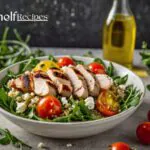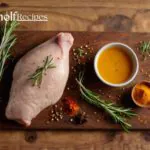
Ramadan
Discover Traditional Arabic Recipes
📝 Full Explanation for Users
Ramadan is the ninth month of the Islamic Hijri calendar, considered the holiest month for Muslims worldwide. It is a time of fasting, spiritual reflection, and increased devotion. During Ramadan, Muslims fast from dawn until sunset, refraining from eating, drinking, and engaging in certain physical activities as an act of worship and self-discipline. This fasting period is one of the Five Pillars of Islam, which are essential acts of worship every Muslim must observe.
However, the intentional breaking of the fast comes with consequences in Islam. If a Muslim intentionally breaks their fast by eating, drinking, or engaging in any activity that invalidates the fast (such as smoking or having sexual relations during daylight hours), the consequences are outlined in the Qur’an and Hadith. There is a requirement to atone for this by either fasting for an additional day or offering compensation (fidya), such as feeding the poor, depending on the circumstances. For Detailed Info Check This article from Islamic Network Group
Exemptions from Fasting
Not everyone is required to fast during Ramadan. The Islamic law provides certain exemptions for individuals who are unable to fast due to illness, pregnancy, nursing, or menstruation. The Qur’an acknowledges that fasting may not be possible for some people, and thus they are excused from the obligation.
In this context, Islam demonstrates ease and facilitation, as Allah, the Almighty, has made things easier for His servants, acknowledging the circumstances of those excused and exempting them from fasting until they can do so.
For example:
- Sick individuals: Muslims who are ill or suffering from a long-term disease are exempt from fasting. If they can later, they should make up the missed fasts when they can do so. If they are permanently ill, they may offer compensation by feeding the poor.
- Women with menstrual blood: Women who are menstruating are not required to fast during their period. This exemption is based on the guidance found in the Qur’an, and they are expected to make up the missed fasts once they are clean, though they are not required to do so immediately.
- Pregnant and nursing women: Women who are pregnant or breastfeeding, especially those who fear harm to their health or their child, are also exempt from fasting. Like the sick, if they are unable to fast, they may compensate by feeding the needy.
In all of these cases, Islam emphasizes the importance of compassion, allowing individuals to preserve their health and well-being while still participating in the spiritual benefits of Ramadan, either through compensatory acts like feeding the poor or making up the fasts at a later date.
How the Fasting Works
Muslims begin their fast at dawn (Fajr), the first of the five daily prayers. The fast starts with a pre-dawn meal called Suhoor, which typically consists of light but nutritious foods that help sustain them through the long day of fasting. The fast ends at sunset (Maghrib) with the Iftar meal, where families and friends gather to break their fast with dates and water, following the tradition of Prophet Muhammad (peace be upon him). This is followed by a larger meal, which includes a variety of dishes depending on the country and culture.
The Spirit of Ramadan
Ramadan is not only about abstaining from food and drink; it is a time to purify the soul, reflect on one’s actions, and increase acts of kindness, charity, and good deeds. Muslims also seek to strengthen their connection to Allah (God) by engaging in prayer, recitation of the Quran, and seeking forgiveness. The last ten days of Ramadan are particularly special, as they include Laylat al-Qadr, the Night of Decree, which is believed to be the night when the Quran was revealed.
Why Fasting is Important
Fasting during Ramadan teaches Muslims patience, empathy, and compassion for those less fortunate. It is a time to develop self-control, reflect on one’s life, and grow spiritually. The fast also serves as a reminder of the blessings in life that we often take for granted, like food, water, and good health. It is a communal experience where family, friends, and neighbors come together to share meals and bond over this sacred practice.
End of Ramadan – Eid al-Fitr
At the end of Ramadan, Muslims celebrate Eid al-Fitr, a joyful holiday marking the end of the fasting month. It is a day of thanksgiving, feasting, and gift-giving, during which Muslims gather in congregational prayers at mosques, visit relatives, and enjoy special meals. For more info, check this article from Muslim Aid
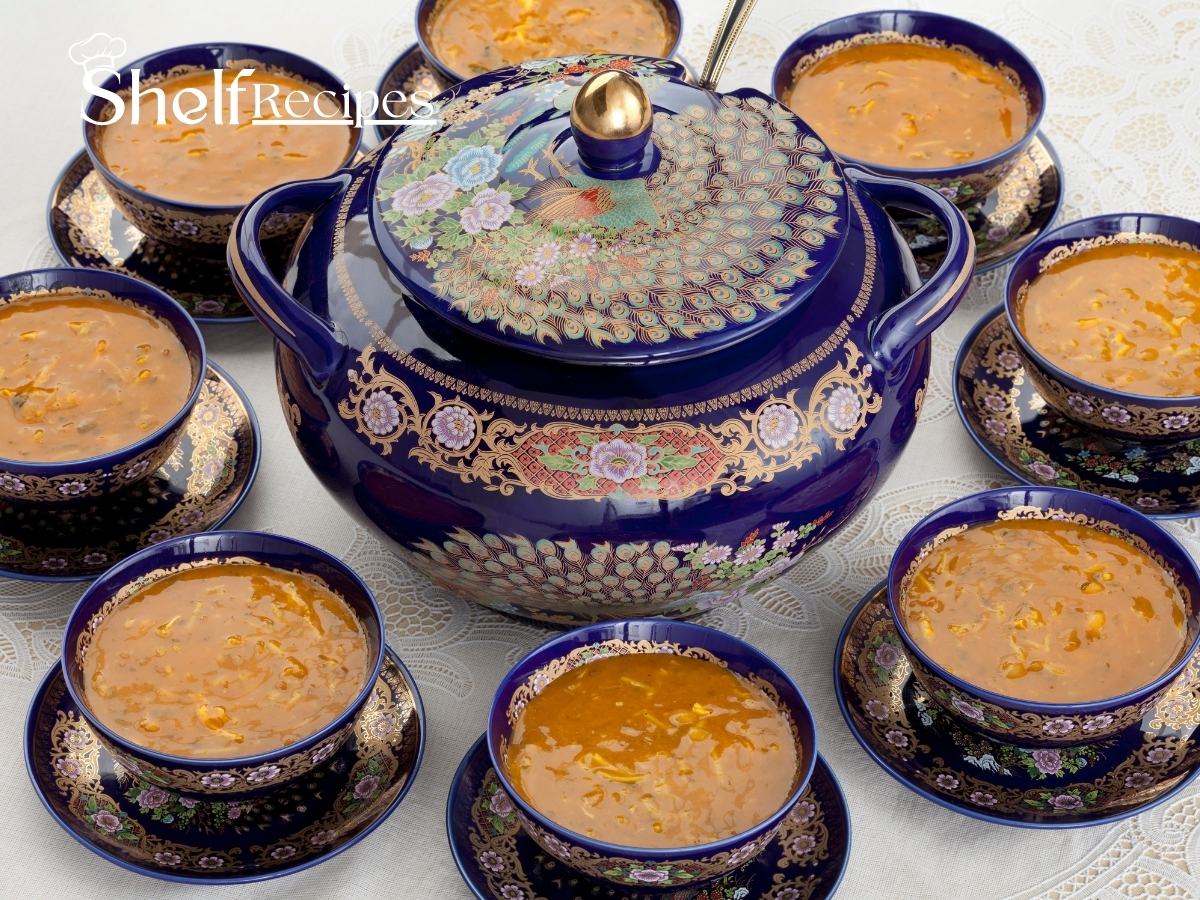
Moroccan Harira
🇲🇦 Morocco
📝 From fragrant spices to hearty soups, Moroccan cuisine is a feast for the senses. Try the famous Harira, a must-have Ramadan soup!
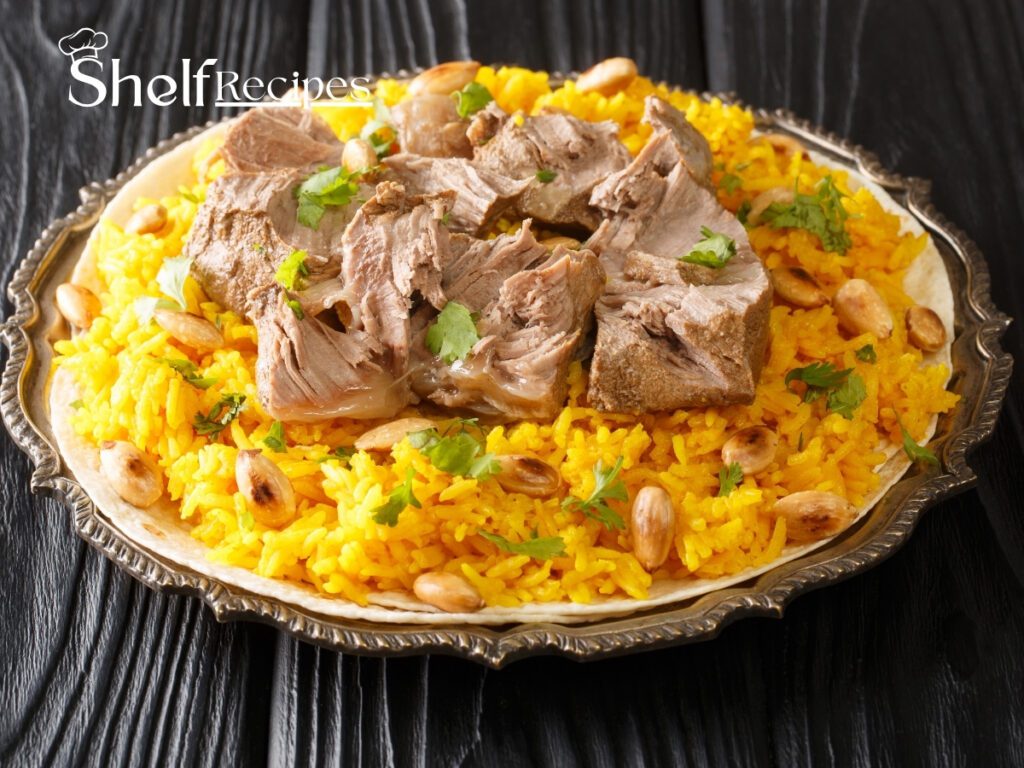
Mansaf
🇯🇴 Jordan
📝 Jordan’s national dish of tender lamb, yogurt sauce, and fragrant rice symbolizes hospitality during Ramadan.
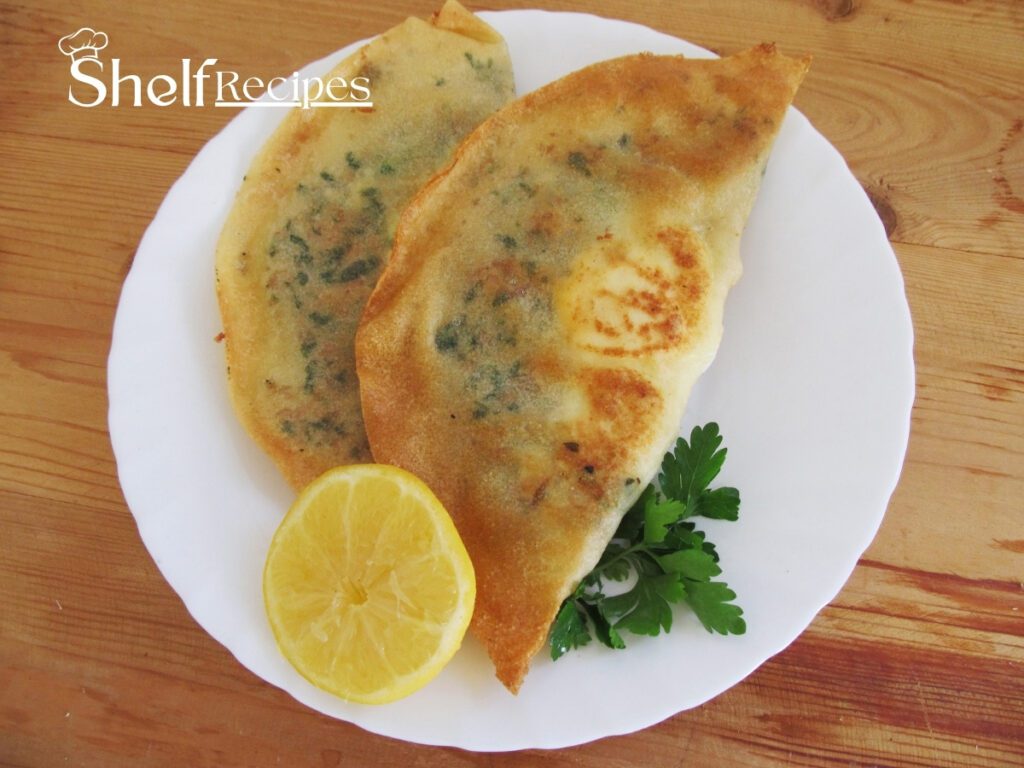
Brik
🇹🇳 Tunisia
📝 A crispy, golden pastry filled with egg, tuna, and spices, a must-have for Ramadan in Tunisia.
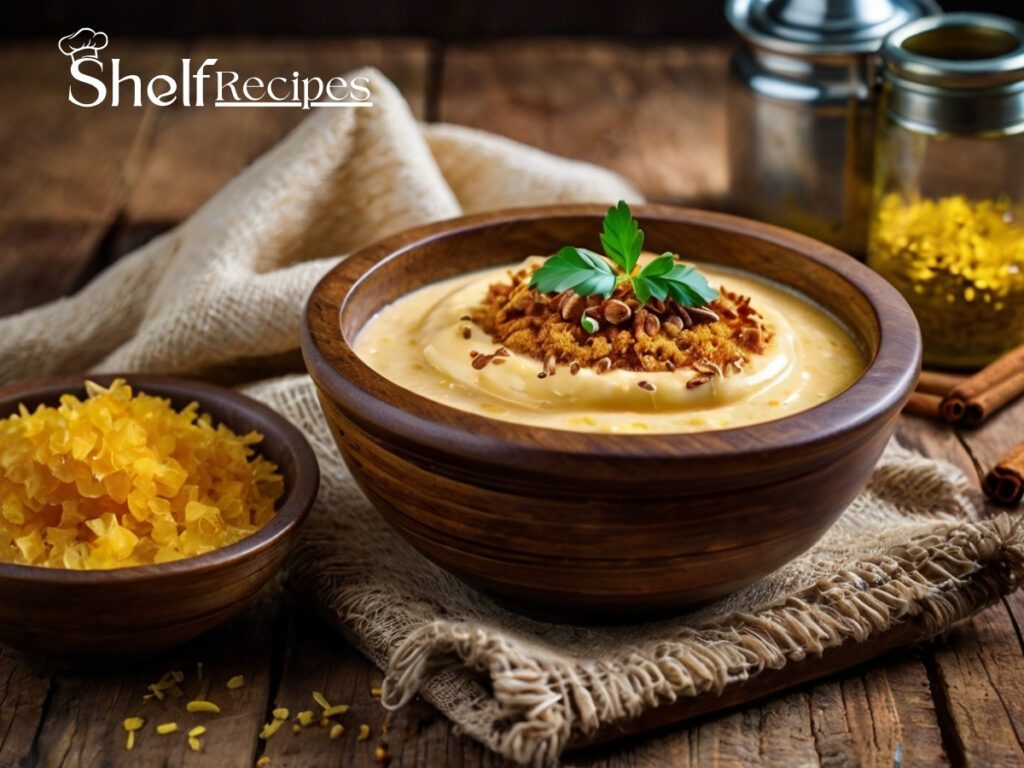
Harees
🇦🇪 UAE
📝 A creamy dish made from wheat and slow-cooked meat, enjoyed during Ramadan for its rich yet light texture.
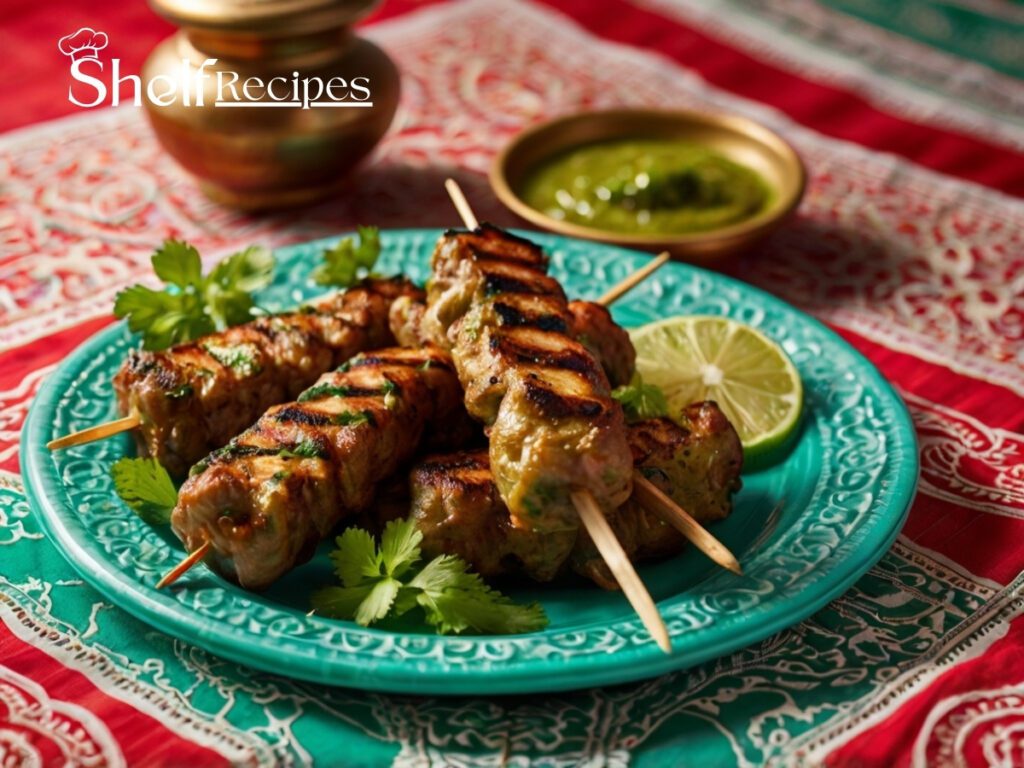
Bahraini Kebab
🇧🇭 Bahrain
📝 Juicy skewers of spiced minced meat, grilled to perfection and served with bread and sauces.
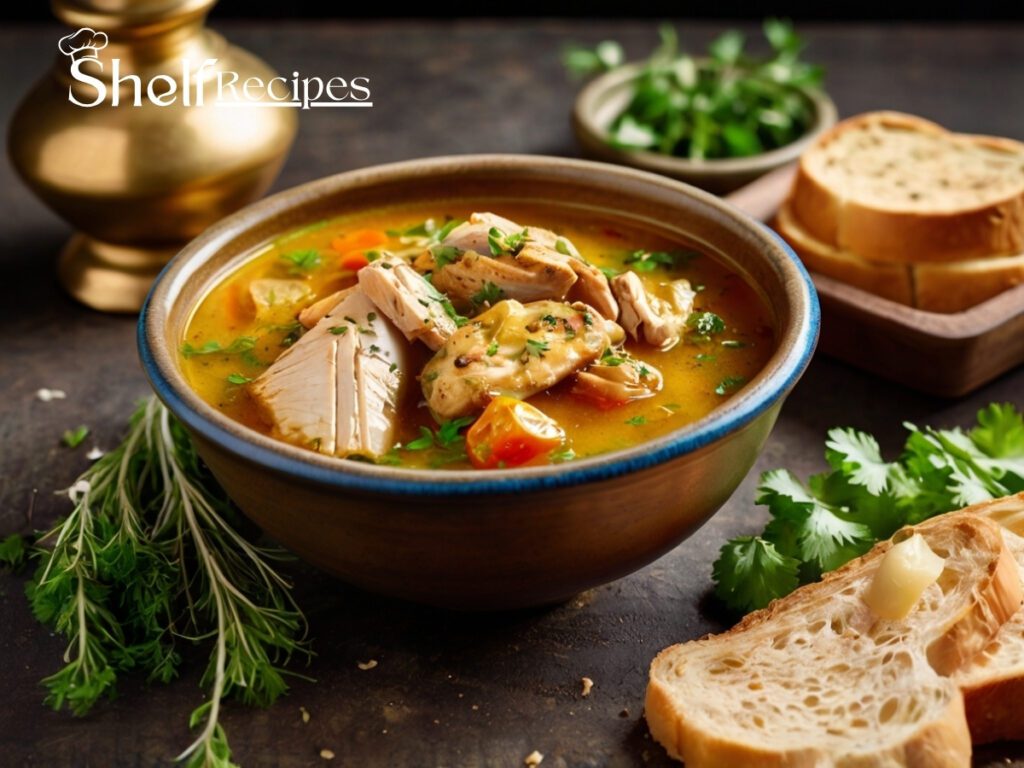
Tashreeb
🇰🇼 Kuwait
📝 A hearty dish where crispy bread soaks up a flavorful meat and vegetable stew, a comforting Ramadan favorite.
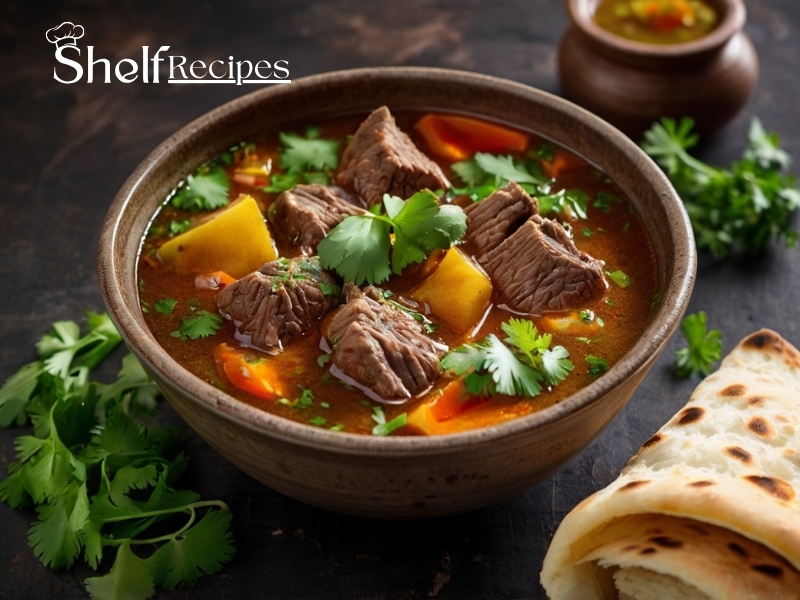
Thareed
🇸🇦 Saudi Arabia
📝 A beloved Saudi dish with layers of crispy bread, tender meat, and spiced broth, perfect for breaking the fast.

